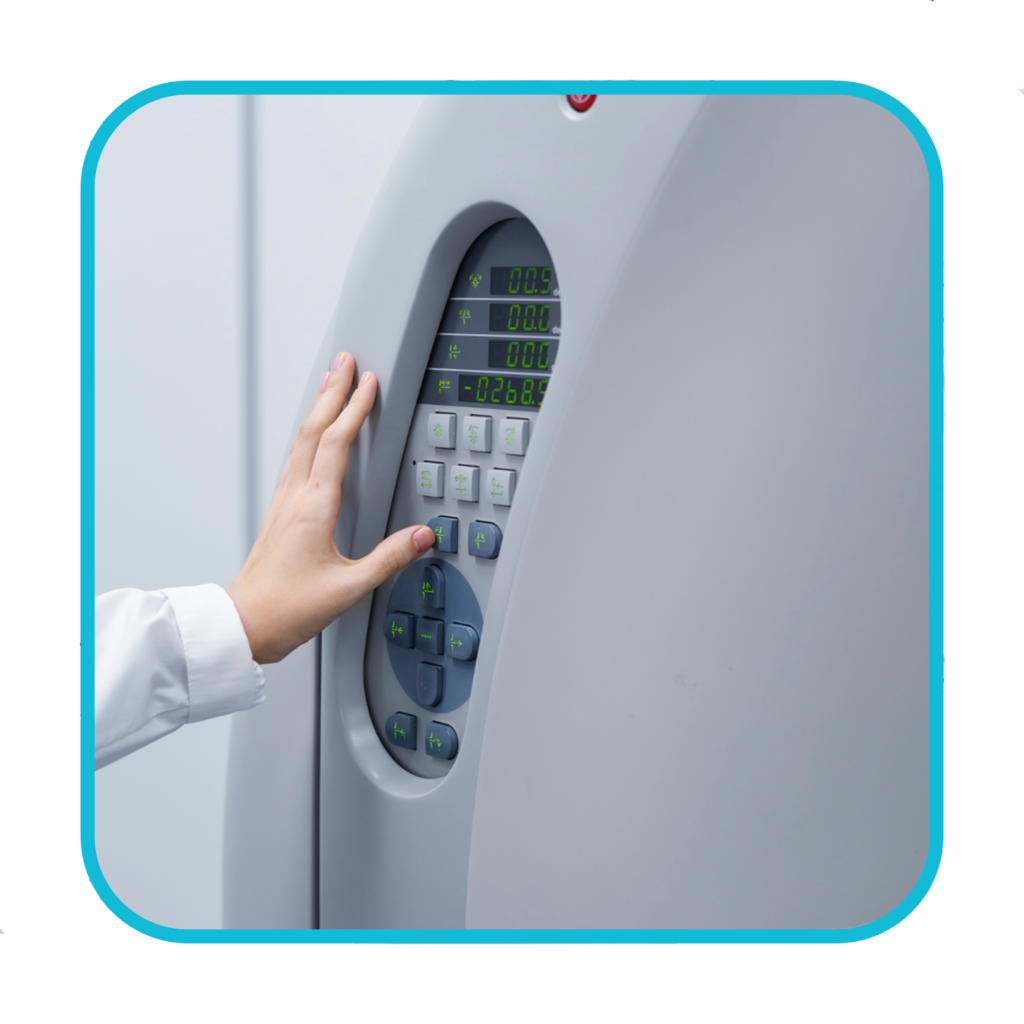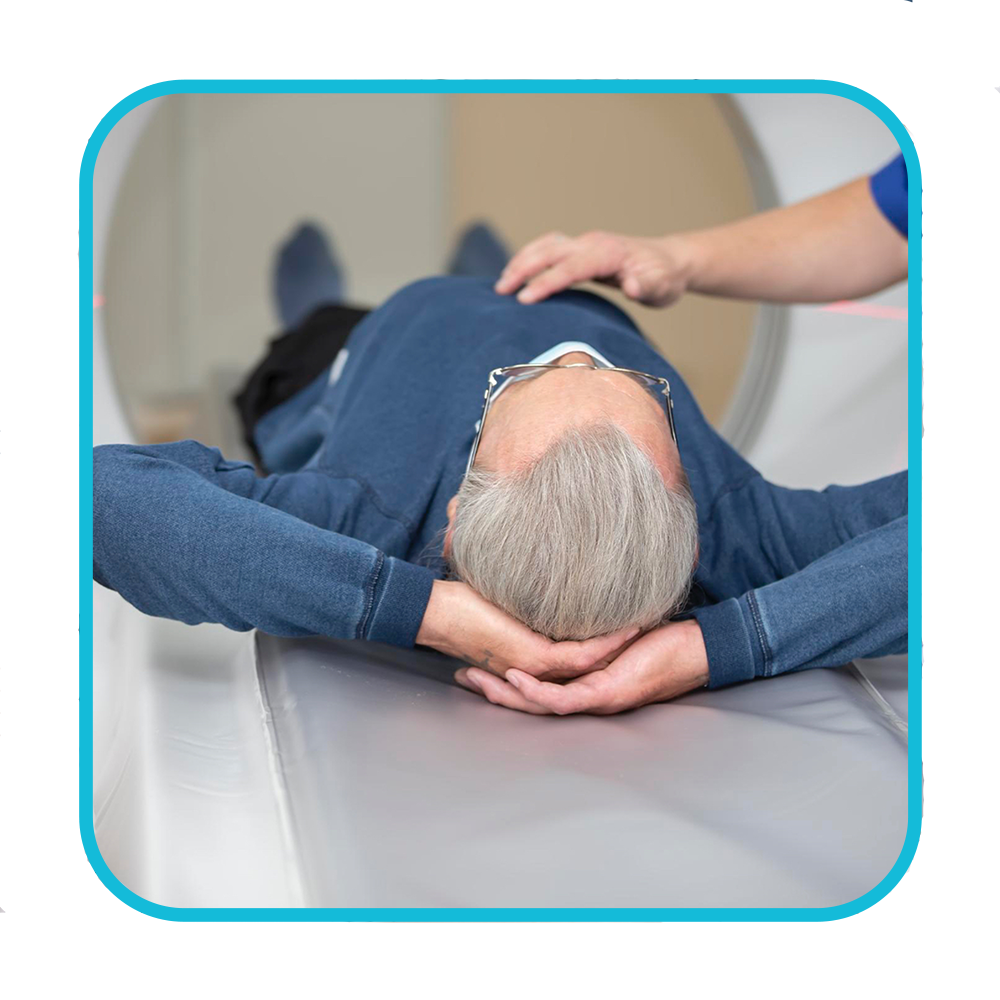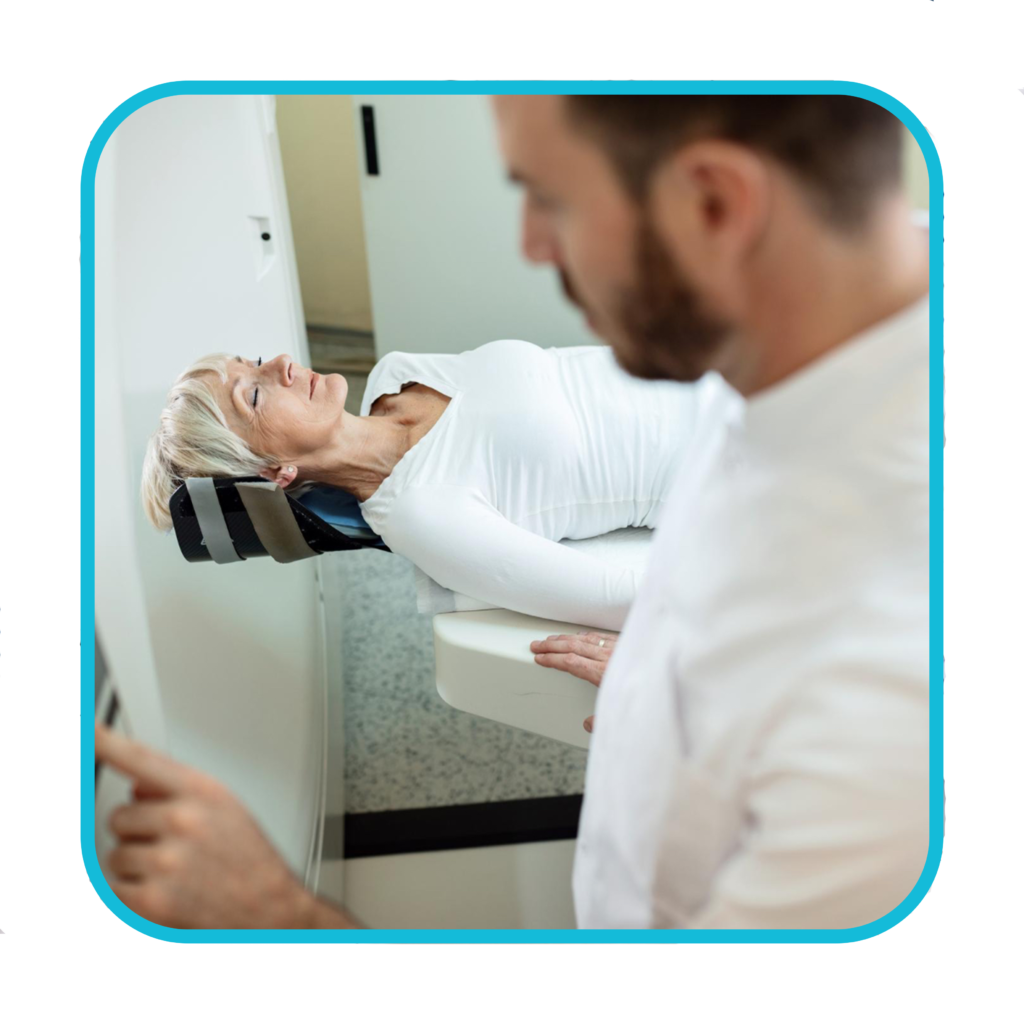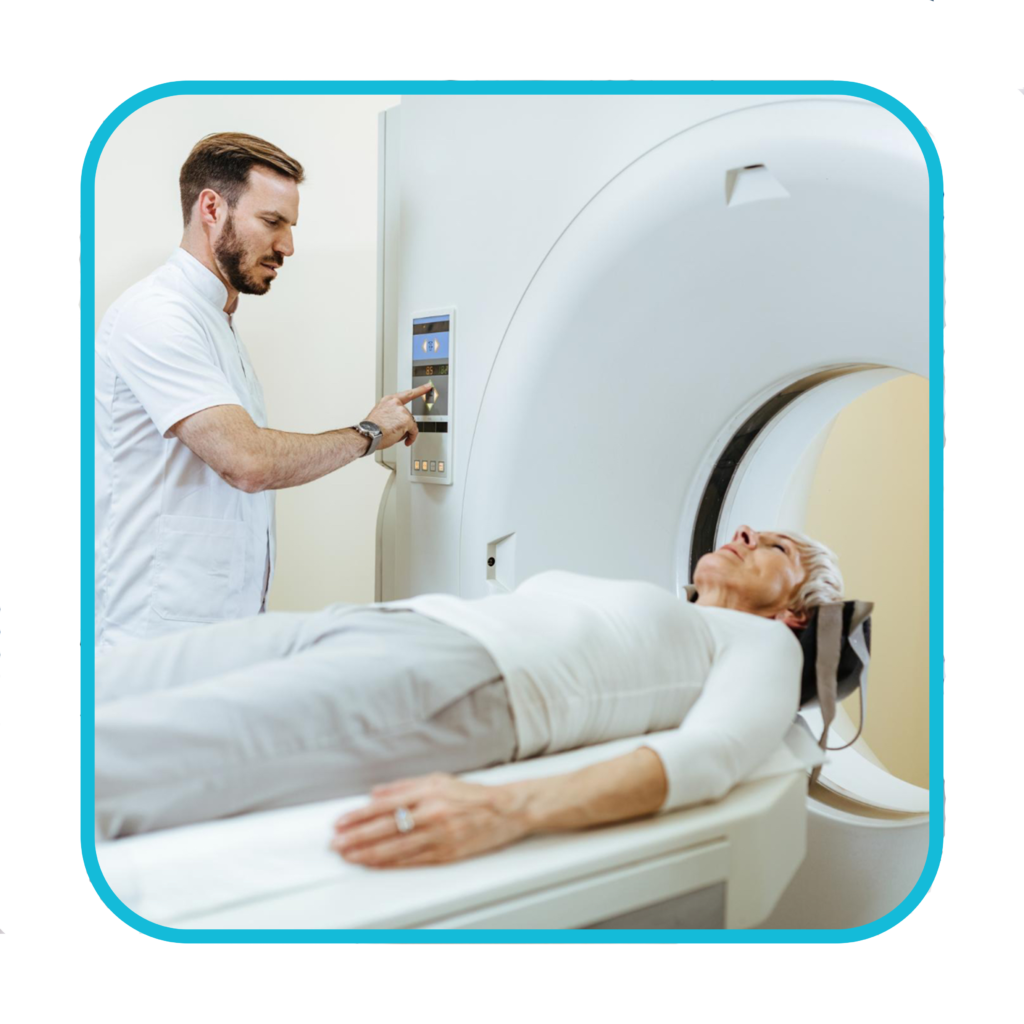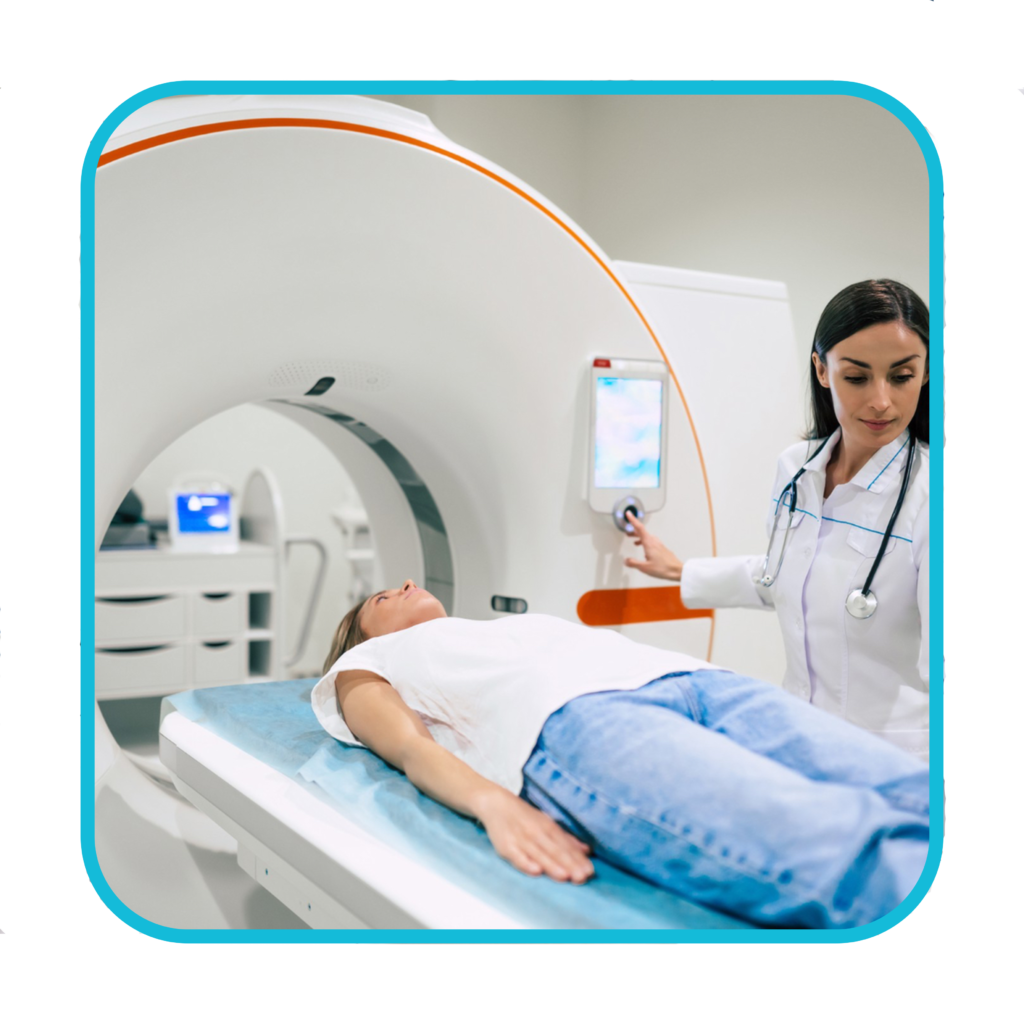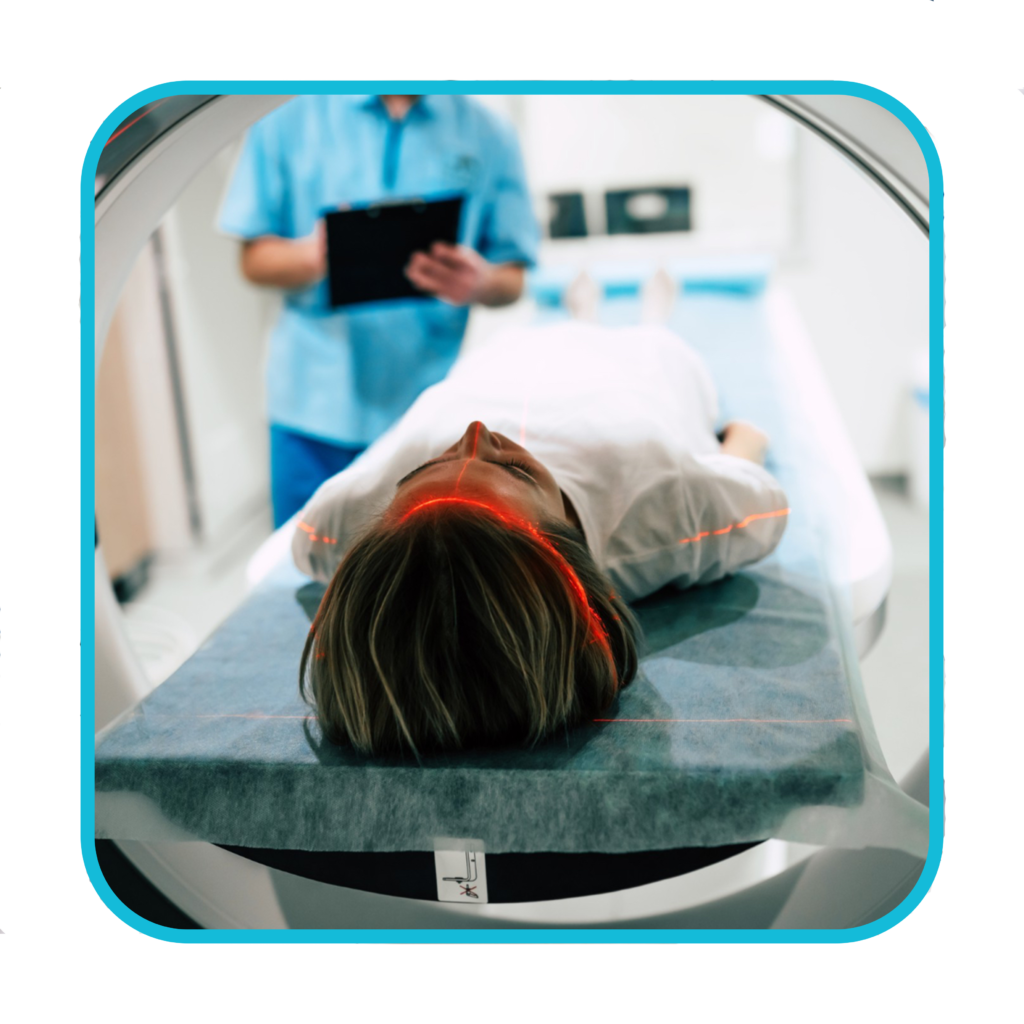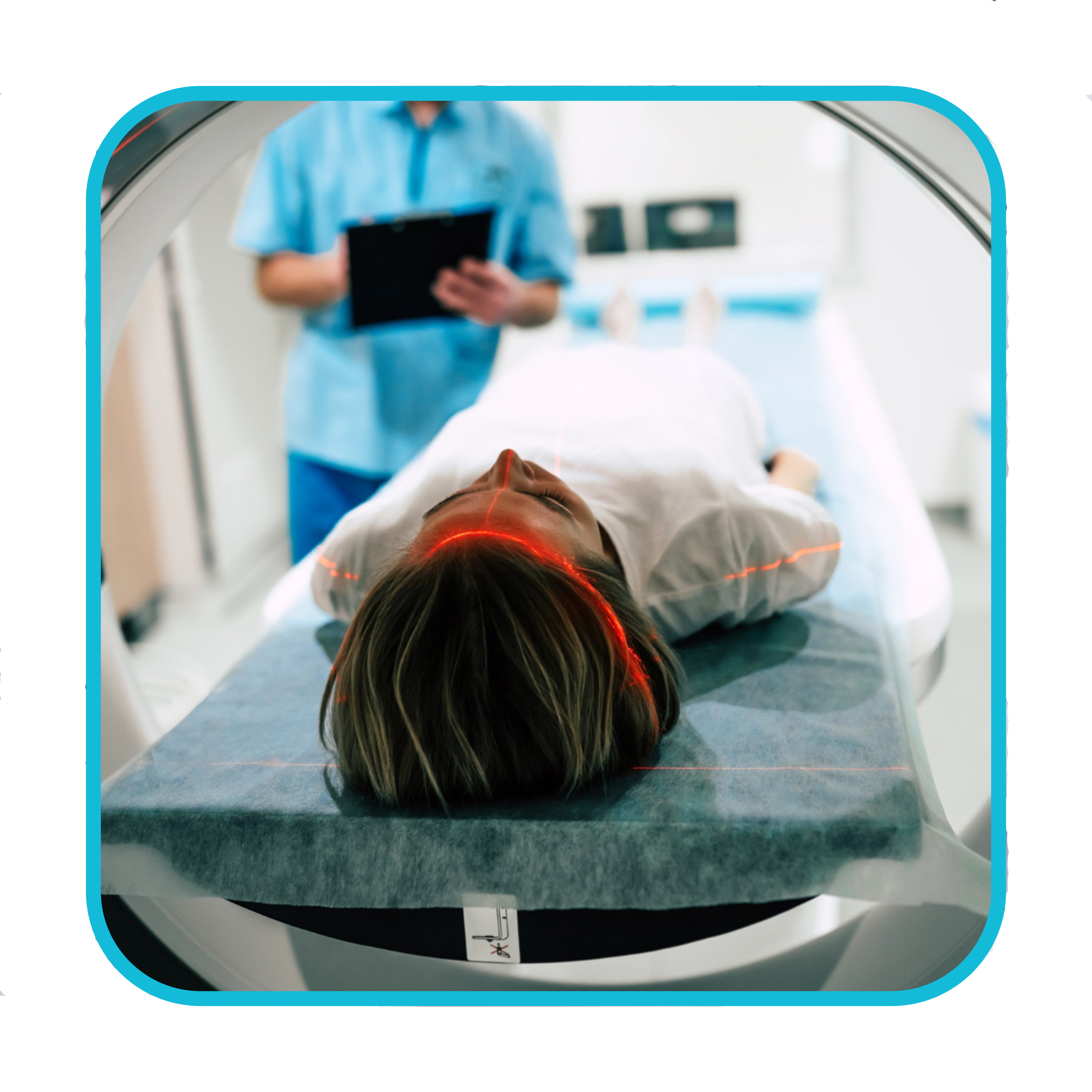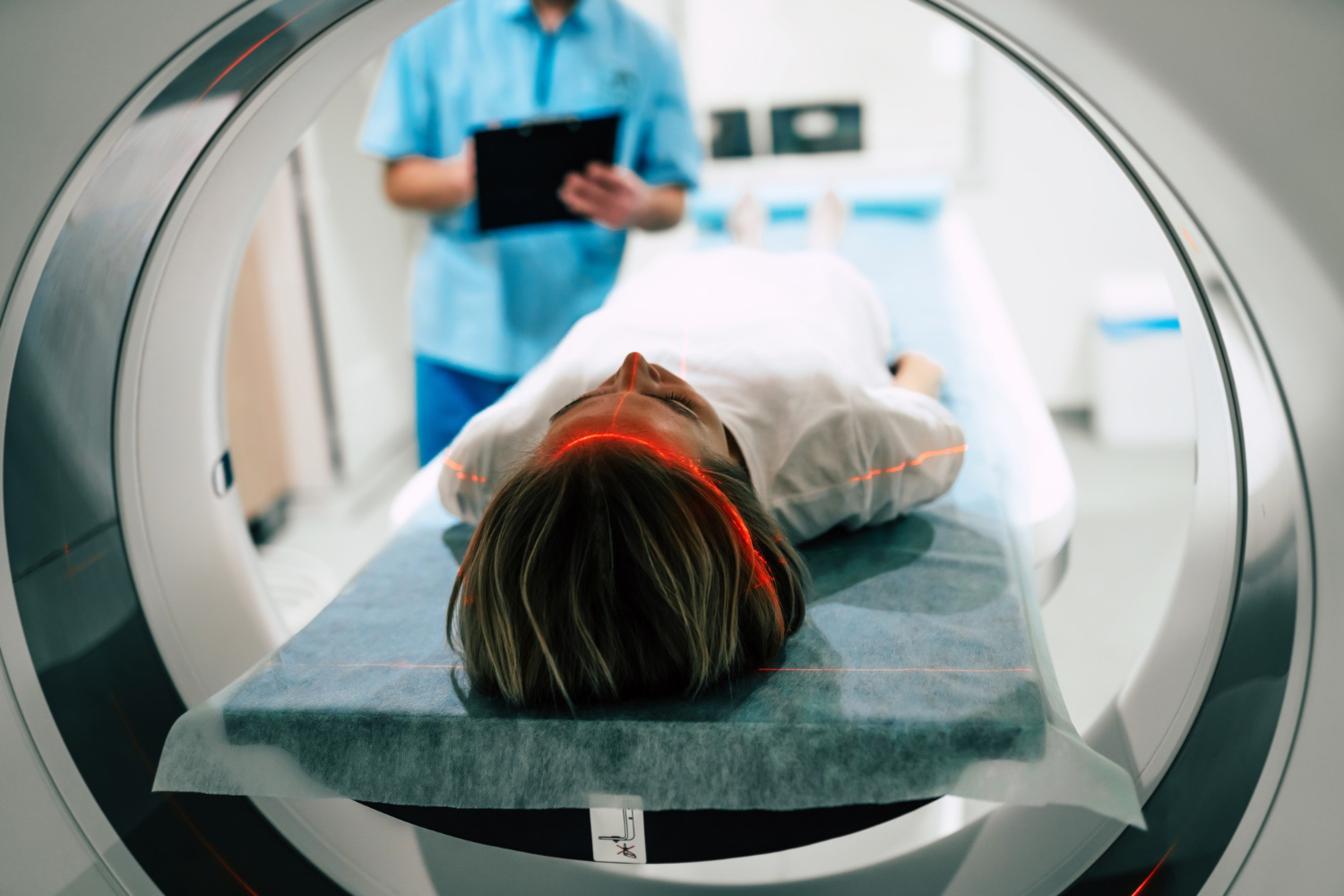
CT scan
Attention: This service is not currently available, but is coming soon.
Preparing for CT Scan
Your appointment letter will mention anything you need to do to prepare for your scan.
You may be advised to avoid eating anything for several hours before your appointment to help make sure clear images are taken.
You should contact the hospital after receiving your appointment letter if you have any allergies or kidney problems, or if you’re taking medication for diabetes, as special arrangements may need to be made.
You should also let the hospital know if you’re pregnant. CT scans aren’t usually recommended for pregnant women unless it’s an emergency, as there’s a small chance the X-rays could harm your baby.
It’s a good idea to wear loose, comfortable clothes as you may be able to wear these during the scan.
Try to avoid wearing jewellery and clothes containing metal (such as zips), as these will need to be removed.
Before having a CT Scan
Before having the scan, you may be given a special dye called a contrast to help improve the quality of the images.
This may be swallowed in the form of a drink, passed into your bottom (enema), or injected into a blood vessel.
Tell the radiographer if you feel anxious or claustrophobic about having the scan.
They can give you advice to help you feel calm and can arrange for you to have a sedative (medication to help you relax) if necessary.
Before the scan starts, you may be asked to remove your clothing and put on a gown.
You’ll also be asked to remove anything metal, such as jewellery, as metal interferes with the scanning equipment.
Get in contact to book your appointment

